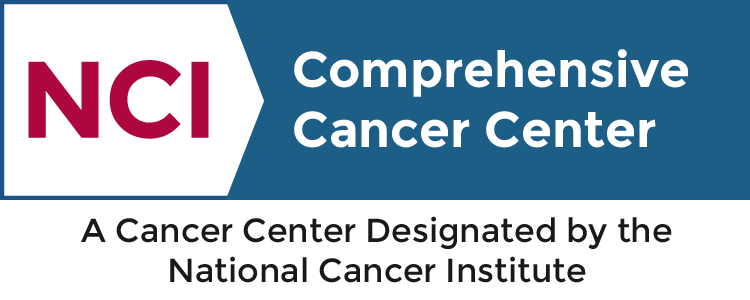Nerve damage (neurotoxicity) is a common side effect of chemotherapy that can negatively impact cancer treatment and patient quality of life. There are three primary challenges to reducing neurotoxicity. First, clinicians cannot effectively identify which patients are at heightened risk for severe neurotoxicity prior to treatment. Second, we primarily monitor for symptoms only when patients come in for treatment. Lastly, no treatments have been approved by the FDA to prevent, alleviate, or cure neurotoxicity. Through the support of the SCI Women’s Cancer Center Innovation Award, this proposal brings together work from the labs of Goodman and Adams to begin to tackle these challenges. Goodman’s lab has identified potential therapeutic targets for preventing neurotoxicity, including a protein called MAPK14, and Adams has developed a machine learning algorithm to identify patients at high risk for neurotoxicity. This proposal will examine the effects of a drug targeting MAPK14 in both patients and an animal model. The goal is to conduct a study to test whether inhibition of MAPK14 prior to the start of chemotherapy can prevent neurotoxicity in individuals at high risk for developing this condition, thus bringing insights from the work of both the Adams and Goodman labs to reduce negative side effects in cancer patients.
Research
Funding Opportunities
SCI Women’s Cancer Center Innovation Award
March 2024


